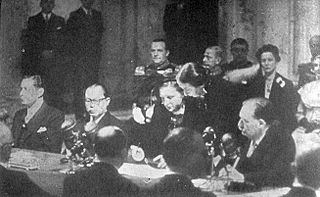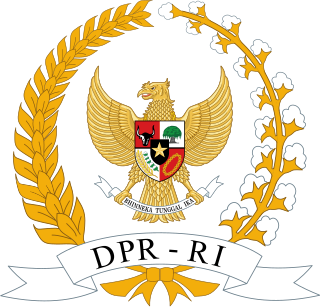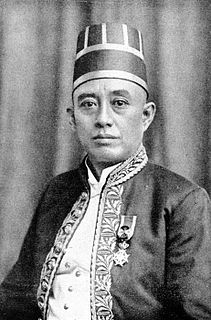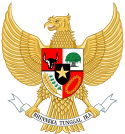
The South African Republic, often referred to as the Transvaal or as the Transvaal Republic, was an independent and internationally recognised country in Southern Africa from 1852 to 1902. The country defeated the British in what is often referred to as the First Boer War and remained independent until the end of the Second Boer War on 31 May 1902, when it was forced to surrender to the British. After the war the territory of the ZAR became the Transvaal Colony.

The Indonesian National Revolution, or Indonesian War of Independence, was an armed conflict and diplomatic struggle between the Republic of Indonesia and the Dutch Empire and an internal social revolution during postwar and postcolonial Indonesia. It took place between Indonesia's declaration of independence in 1945 and the Netherlands' recognition of Indonesia's independence at the end of 1949.

Batavia, also called Betawi in the city's local Malay vernacular, was the capital of the Dutch East Indies. The area corresponds to present-day Jakarta. Batavia can refer to the city proper, as well as its suburbs and hinterland, the Ommelanden, which included the much larger area of the Residency of Batavia in today's Indonesian provinces of DKI Jakarta, Banten and West Java. In Betawi Malay, the area constituting the former Residency of Batavia is called Tanah Betawi.

The People's Representative Council, alternatively translatable as the House of Representatives or as the House of People's Representatives, is one of two elected national legislative assemblies in Indonesia.
Budi Utomo, meaning "Prime Philosophy", was the first native political society in the Dutch East Indies. The political society is considered instrumental on the beginning of the Indonesian National Awakening.
The Indonesian National Awakening is a term for the period in the first half of the 20th century, during which people from many parts of the archipelago of Indonesia first began to develop a national consciousness as "Indonesians".

Raden Mas Hadji Oemar Said Tjokroaminoto, better known in Indonesia as H.O.S. Tjokroaminoto, was an Indonesian nationalist. He became one of the leaders of the Islamic Trade Union, founded by Samanhudi, which became Sarekat Islam, which they both co-founded.
Jacobus Groenendaal was a South African statesman of Dutch origin, member of the Volksraad of the Orange Free State and the republic's first Treasurer General and Government Secretary in office from 1854 to 1855 and 1856 respectively.

Pangeran Adipati Soejono was a Dutch politician and the only Indonesian minister who has ever seated in a Dutch cabinet meeting.

Elections to the Volksraad were held in the Dutch East Indies on 16 October 1917. The result was a victory for the Dutch Indies Freethinkers Association, who defeated the Protestant Christian Ethical Party and the Catholic Indian Catholic Party.

Elections to the Volksraad were held in the Dutch East Indies in 1924.

Elections to the Volksraad were held in the Dutch East Indies in 1927.

Elections to the Volksraad were held in the Dutch East Indies in 1931.

The Governor-General of the Dutch East Indies represented Dutch rule in the Dutch East Indies between 1610 and Dutch recognition of the independence of Indonesia in 1949.
Mohammad Husni Thamrin was an Indonesian political thinker and National Hero.

Kandjeng Pangeran Aria Adipati Achmad Djajadiningrat was a prominent colonial Indonesian bureaucrat who served as Regent of Serang (1901-1924), and subsequently of Batavia (1924-1929). He was also a member of the Volksraad of the Dutch East Indies.

Kan Hok Hoei Sia, generally known as Hok Hoei Kan or in short H. H. Kan, was a prominent public figure, statesman, patrician and landowner of Peranakan Chinese descent in the Dutch East Indies. He was a leading member of the Volksraad, and advocated cooperation with the Dutch colonial state in order to attain racial and legal equality for the colony's Chinese community.

Elections to the Volksraad were held in the Dutch East Indies in 1935.












